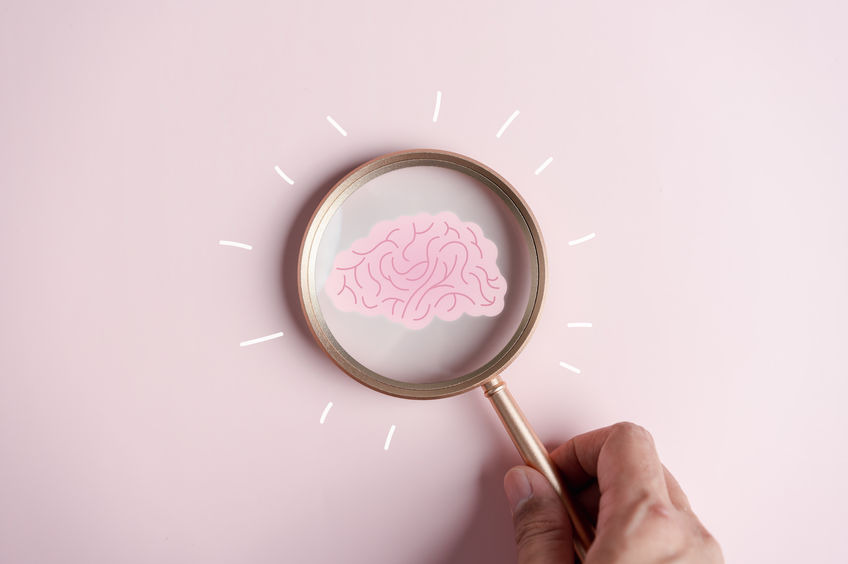Effectiviteit milde hersenstimulatie nog onvoldoende onderbouwd

Er is nog onvoldoende wetenschappelijke onderbouwing voor de effectiviteit van milde hersenstimulatie als aanvullende behandeling bij aandoeningen als dementie en schizofrenie. Dat concludeert onderzoeker Anika Poppe in een artikel dat recent werd gepubliceerd in het toonaangevende wetenschappelijk tijdschrift Psychological Bulletin.
Milde hersenstimulatie staat bekend als een veelbelovende aanvullende behandelmethode voor cognitieve aandoeningen als dementie en schizofrenie. Door middel van elektrodes op het hoofd worden er lichte stroompjes door de hersenen geleid. Vooral in combinatie met cognitieve training — een vaak toegepaste vorm van therapie waarbij bijvoorbeeld geheugenspelletjes op de computer worden gedaan — zou hersenstimulatie het opnemen van nieuwe informatie en het leren van nieuwe dingen kunnen bevorderen.
Meta-analyse
Volgens onderzoeker Anika Poppe van de Rijksuniversiteit Groningen en haar collega’s is de effectiviteit van deze behandelcombinatie echter nog onvoldoende duidelijk. Om daar verandering in te brengen, brachten zij 72 eerder uitgevoerde onderzoeken naar milde hersenstimulatie op systematische wijze in kaart in een zogenaamde meta-analyse. Op basis van deze meta-analyse vindt Poppe geen aanwijzingen voor een extra effect van hersenstimulatie bovenop de cognitieve training. Er waren direct na de training wel kleine verbeteringen in het cognitief functioneren, maar deze hielden niet aan op lange termijn. Ook het dagelijks functioneren van de proefpersonen en de symptomen waar deze mensen last van hadden verbeterden niet.
Meer onderzoek
Dat zou kunnen betekenen dat hersenstimulatie simpelweg niet zo goed werkt als gedacht. Maar, zo waarschuwt Poppe, het bestaande onderzoek laat op methodologisch vlak veel te wensen over. Daarom pleit Poppe voor meer, grootschaliger en vooral beter opgezet onderzoek zodat we weten of het zinvol is om milde hersenstimulaties in de praktijk bij mensen met cognitieve aandoeningen in te zetten.
- Artikel in Psychological Bulletin
- Profielpagina Anika Poppe
- Gerelateerde artikelen: ‘Hebben mensen met ernstige psychische aandoeningen baat bij cognitieve training?’
Meer nieuws
-
17 februari 2026
Van ghostbuster tot rampenonderzoeker
-
03 februari 2026
‘Daar zit een goeie kop op’
-
20 januari 2026
Alcohol, appen en e-bikes


